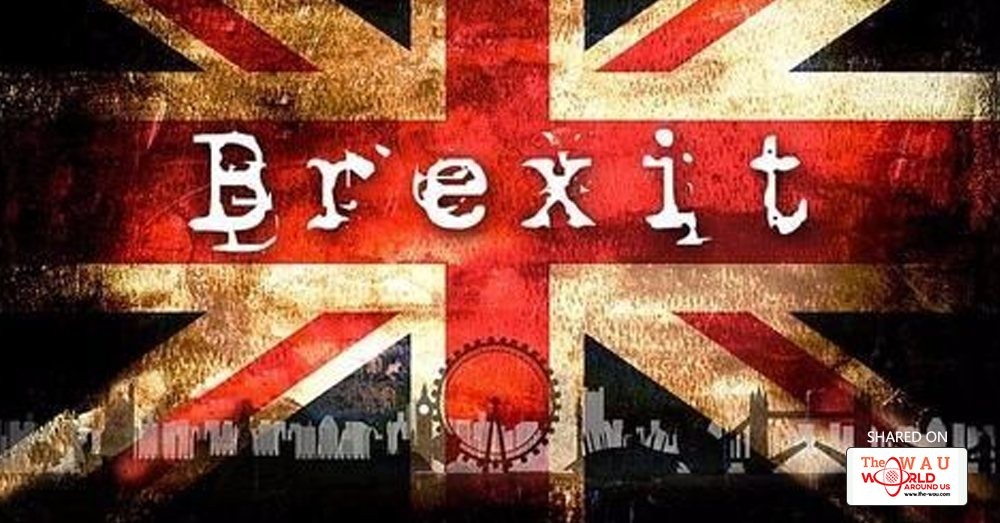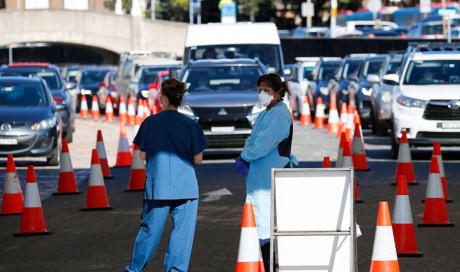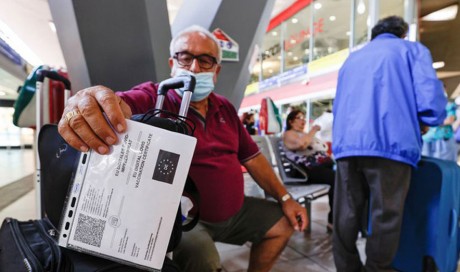As Britain is gearing up to make an (un)graceful exit from the European Union (EU), British government has confirmed that EU citizens' right to free movement in UK, one of the sticking points in the ongoing Brexit negotiations will terminate in March 2019.
The announcement comes as a nightmare to EU citizens and the British firms which employ them.
What could happen now?
What is Brexit?
The process on Britain's exit from the EU was triggered when the results of a June 2016 referendum indicated that 52% of the voters wanted Britain to leave the Union. 'Leave' supporters wanted Britain to be rid of quintessential EU regulations including harmonized economy.

Freedom of movement under the EU charter
Under free movement, EU citizens are allowed the right to reside, work and study in any of the EU member countries. This is often cited as a stipulation detrimental to Britain's security and economy.
Brexit had further triggered fears of deportation among 3.2 million EU citizens residing in the UK.
It is also one of the key issues being discussed in the Brexit negotiations.
Differing voices about free movement in the UK government
While British PM Theresa May had stated that "no one would face a cliff edge" from Brexit, Brandon Lewis, immigration minister had stated that free movement will end in 2019.
Further Chancellor of Exchequer Philip Hammond in an interview had hinted that there was broad acceptance within the government on allowing leeway on immigration, only to be contradicted later by Trade Secretary, Liam Fox.
Final word: Is it no more free movement (?)
A spokesperson from the PM's office stated that it would be wrong to assume that free movement post-Brexit, would "continue as it is now". Stopping short of clarifying what a post-Brexit immigration system would look like, he said, "it would be wrong to speculate these".
Free movement post-Brexit: What could happen now?
EU citizens currently comprise of about 20% of UK's labour force in 18 industries including hospitality and food processing, leaving businesses worried that several positions may remain unfilled.
PM May has further promised a 'UK settled status' to EU citizens residing in UK, which would give equal rights on par with British citizens, although a deadline for obtaining the status is awaited.
Share This Post















